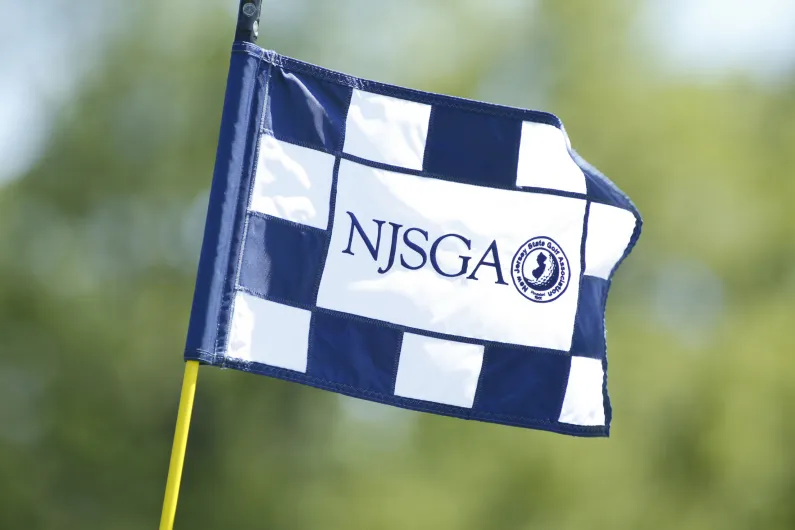Why Your Club Dues Won’t (and Can’t) Stop During the COVID-19 Shutdown

Winter 2020: it was the best of times. It was suddenly the very worst of times.
One of the mildest winters in recent memory led to a surge in early season golf across the Garden State. Golfers rejoiced at 70-degree days in both January and February. Courses across the state enjoyed greens fee and cart revenue when fiscal and weather forecasts predicted snow. Optimism for the 2020 season abounded.
Then, in what seemed like the blink of an eye, the world changed. Suddenly golf wasn’t so important anymore. Those sunny February days seem like a lifetime ago.
Perhaps no sport is more susceptible to the whims of nature than golf. In just the last decade, we’ve endured Hurricane Sandy, the unrelenting turf issues of the wettest summer on record, devastating flooding, and even April and October blizzards. And, now, coronavirus.
With golf temporarily on hold, some members of private clubs are asking “why should I pay dues while the Club is closed?” The short answer is easy – because without dues, any club would collapse. The long answer is more complicated, but worth explaining in some detail.
First, most private club members do not realize that their dues cover only a fraction of the operating expenses at their club. That’s the reason so many clubs have started employee relief funds in addition to continuing to collect dues. There’s a lot of lost revenue that supported the club and its employees. Golf courses, public or private, generate a very significant percentage of their annual revenue from operations: green fees, cart rentals, outings, and outside banquets. Those streams of revenue are all eliminated until golf resumes. In the meantime, losses will mount and clubs will need to be creative in finding solutions to hold them in check.
Second, every club must continue the very expensive work of maintaining its golf course. Even with reduced staffs, it is expensive to keep a golf course at its current level of condition – whatever that level may be. Golf courses are a living, breathing thing. Even a short lapse in attention (especially in the springtime) could result in millions of dollars of long-term damage. It would be pennywise and pound foolish to stop maintaining the course during this shutdown. Even if the economy as a whole is paused, there is no “pause” button to stop the grass from growing.
Third, dues pay employees. Without dues, there would be no employees. Moreover, to be able to reopen quickly when government restrictions are eased, every club needs to maintain its core staff. If you’re looking for a glimmer of hope, just as regulations ramped up, they will almost certainly ramp down. Golf was in the last wave to close and so will hopefully be the first to reopen.
Cruelly, being housebound through this shutdown has only amplified for many the desire to get back on the golf course. But remember, despite our winter head start, it’s still only April. The Masters would have been next week. Most clubs’ opening days would have been still some weeks away. There can still be a great season ahead if clubs smartly navigate this crisis in lockstep with their members.
As any New Jersey golfer can attest, April golf is notoriously fickle. The calendar’s fourth month provides more bad weather than good. As of yet, no club has figured out how to control rotten weather or refunded dues on rainy days. The children’s nursery rhyme “April showers bring May flowers” is a reminder each year at this time that the sun will shine again.
We’re in the midst of a storm of an entirely different sort, but the more New Jersey golfers view the temporary closure of their club as just a rainy April, the easier it will be to weather the crisis. We’ll certainly all appreciate the sport we love that much when the storm clouds clear.
